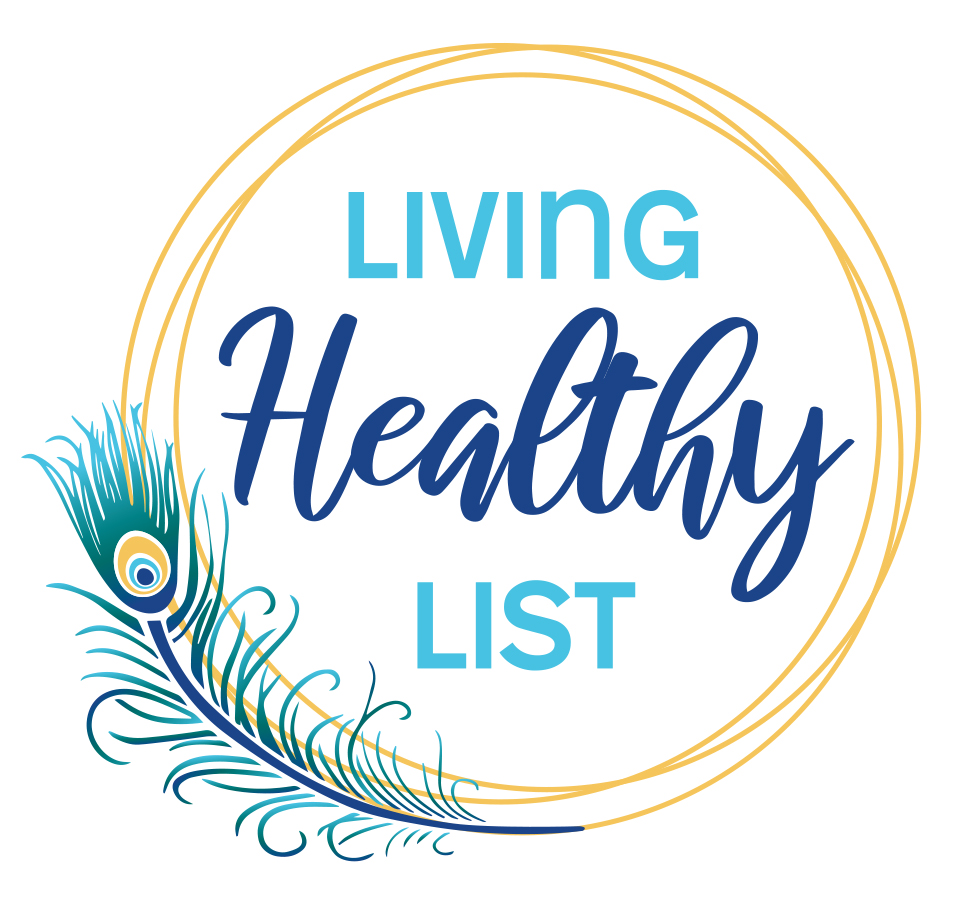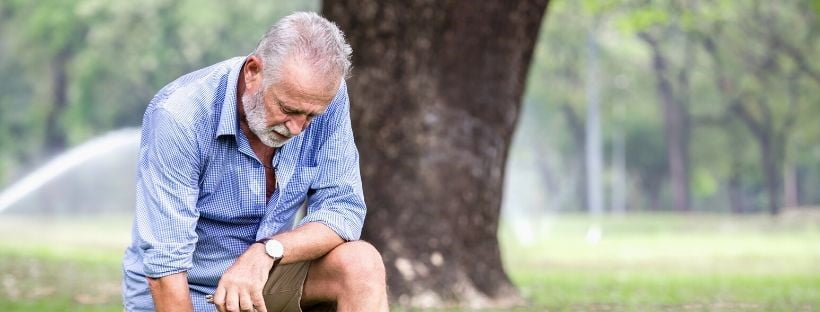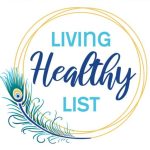For over 30 years, Al Baldwin held court over his kingdom on the Gold Coast beaches of Australia. Dosing out suntans like a mobile house painter greek god with pump, hose, and can. He was that “Guy from Down Under” with a golden body. He patrolled the beaches and handed out sunscreen showers so you could get the bronzed Aussie look. All but the protected areas under the boardshorts were covered. Are your boardshorts damaging your brain leading to memory loss?
When it comes to men’s health more often than not us blokes won’t see our doctor unless there‘s something wrong under the trunks.
When you type men’s health into a search engine you get “boardshorts medicine” results. You know everything under the boardies is considered“men’s health”. That’s it!
But the biggest issue is rarely discussed, it’s taboo, and is of an epidemic proportion. Globally, I’m talking about the hundreds of millions of broken men’s brains, including memory loss.
Sadly, men could avoid this brain destiny and avoid memory loss but we have to change our behavior and our trusted doctors are going to need to focus more on brain health including memory loss.
You see men are more likely to suffer from
- The Mental Health Gap: Men suffer more midlife anxiety, and are more likely to suicide
- The Memory Gap: Be diagnosed with Mild Cognitive Impairment (often an early-stage dementia)
- The Illness Gap: The leading chronic diseases impact men more than women – heart disease, stroke, cancer
- The Longevity Gap: Men die younger than women and the leading causes are under the boardies.
- COVID Gap- Men with COVID -19 more at risk for worse outcomes and death, regardless of age when compared to women.
Be it you’re from the UK, Canda, U.S.A or any other developed nations, more men are dying from diet-fueled and life habit diseases each year than died in World War I, World War II, the Korean War, the Vietnam War, the war in Afghanistan and both Iraq wars combined.
How did we get here?
I could point the finger at culture, education, poverty and social status, lack of knowledge, and “My Doc told me X ”, and this is partly correct.
Ultimately, it all boils down to you, me, us. What we do each day. It’s our actions.
Ok, you might go to the gym, but take Bill Gasiamis. He went to the gym, he enjoyed a drink, a smoke, ate from the diner, and pushed life hard. That is until he had a stroke in his 30s!
We go Pro for our body, for our work – probably for our family but we’re far from Pro Level when it comes to our healthy habits. Maybe there’s the hope that when it’s broken someone will fix it. Just like your car.
But when it comes to your brain, to memory loss, there is no cure.
No one is going to save us – unless we decide to save ourselves. That may sound harsh. I pull no punches from this moment. I want to encourage you to step up and lead your health now before it’s too late.
You see, each action either adds up or cuts down your risk for illness and disease. With memory loss, however, your choices aren’t playing fair.
Smoking (Risk 1) combined with a high processed food diet (Risk 2) isn’t a simple maths equation of 1 + 1 = 2. Instead, they act as a multiplier. So the more unhealthy habits you have dramatically ramp up your risk for memory loss.
Yep, your daily actions could be making you sick, and I want to share with you what to do about it.
As men, I want us to be the best version of ourselves, so that we can be leaders in our own lives, to help our family, our community, to have abundant energy and to live full out. What I refer to as a memory health warrior.
But we won’t get there if we stick to the same ‘ole same ‘ole, little league habits.
So, here are the key areas to help boost your mental and physical mojo, cut your risk for memory loss, and stay sharp for life.
3 Areas To Thrive For Life
Protect: Protect Your Hearing:
Hearing loss can increase your risk of memory loss by 200 – 500%. This suggests that we don’t “hear without ears” more so we hear with our brain. If you know a fellow with hearing loss, the best action to do is to get it tested and if prescribed, be consistent with wearing the hearing aids ( even when you’re alone- keep wearing them). It’s clear there is an associated improvement in mental skills just by safeguarding and improving a person’s hearing
Eat A Nourishing Diet Rich In Whole Foods:
Whole foods are foods that are in their natural state without the processing. If it’s got a number – it’s not a whole food. Aim for more plants on your plate and treat meat as a condiment, not the whole meal. As we get older we have less digestive efficiency so eating foods that are rich in nutrients are the way to go.
Think of them as food diamonds. Compressed with so much information ( nutrients) that they’re highly prized by your body and brain.
On the flip side, a diet high in processed foods can change your gut bug balance and impact your memory and mood in as little as 3 days. Where you can be more moody, anxious, and forgetful.
Your brain is super hungry. Whilst represents 2% of the body mass it consumes more than 20% of the body’s energy at rest. It has a limited capacity to store energy and is highly reliant on oxygen and glucose supply from your bloodstream.
Move For Better Brain Grooves
As your body moves your brain grooves and grows. Exercise appears to be like a fertilizer. It primes the brain with the right conditions for it to thrive, adapt, and grow. There’s growing research support to suggest it has a global brain-boosting effect.
As a side note, in people in the 80s and 90s, when they passed away, scientists noticed in their brain they had baby brain cells. Like a garden bed, these new cells were shooting in the area responsible for memory. Yes, new brain cells in your 80s and 90 years.
But there was a difference among people. Some had brain garden beds packed with baby neurons, in others it was sparse. The reason why – reduced blood supply. One of the best ways to help support better blood supply is, you guessed it, exercise.
Aim to increase your heart rate to a level of effort which you rate as 6 to 8 out of 10 ( 10 being very challenging). Sustain this level of effort for about 20 – 40min. This will vary depending on where you are at. Don’t blow the barn doors off if you’ve not exercised for a long time.
As simple as they are, these 3 can be your compass to better memory health and also cut down your risk for ill health.
The end game is a good life. Yes, there will be the occasional bump in the road but continued little league health habits set you up for years of life with ill health and a greater chance for memory loss.
Well, one thing is very clear.
With simple lifestyle changes, you can reduce your risk for a broken brain, be it anxiety, depression, or memory loss by up to 60%.
6 – 0%! Mic drop!
AND it’s never too late. You’re awesome, you can do it and I’d love to hear from you about what actions you take now. Be the warrior.
About the Author
David Norris is a therapist, speaker, coach, and Memory Health Champion. He is an occupational therapist with over 20 years of experience working with people with severe memory loss. David is the founder of Memory Health Made Easy and the Memory Health Academy specializing in services and memory health education programs to transform lives and communities at risk of cognitive decline.
David’s mission is simple. Serve, teach, and support as many people as possible to help STOP avoidable memory loss.
Sources
- Decreasing Your Risk
- Men and Alzheimers
- The Bronzed Aussie
- The Gender Health Gap
- Men’s Health Statement
- Gender Differences in Patients With COVID-19: Focus on Severity and Mortality
- Bulletin of the World Health Organization: The men’s health gap: men must be included in the global health equity agenda
- Neuronal and Vascular Interactions


